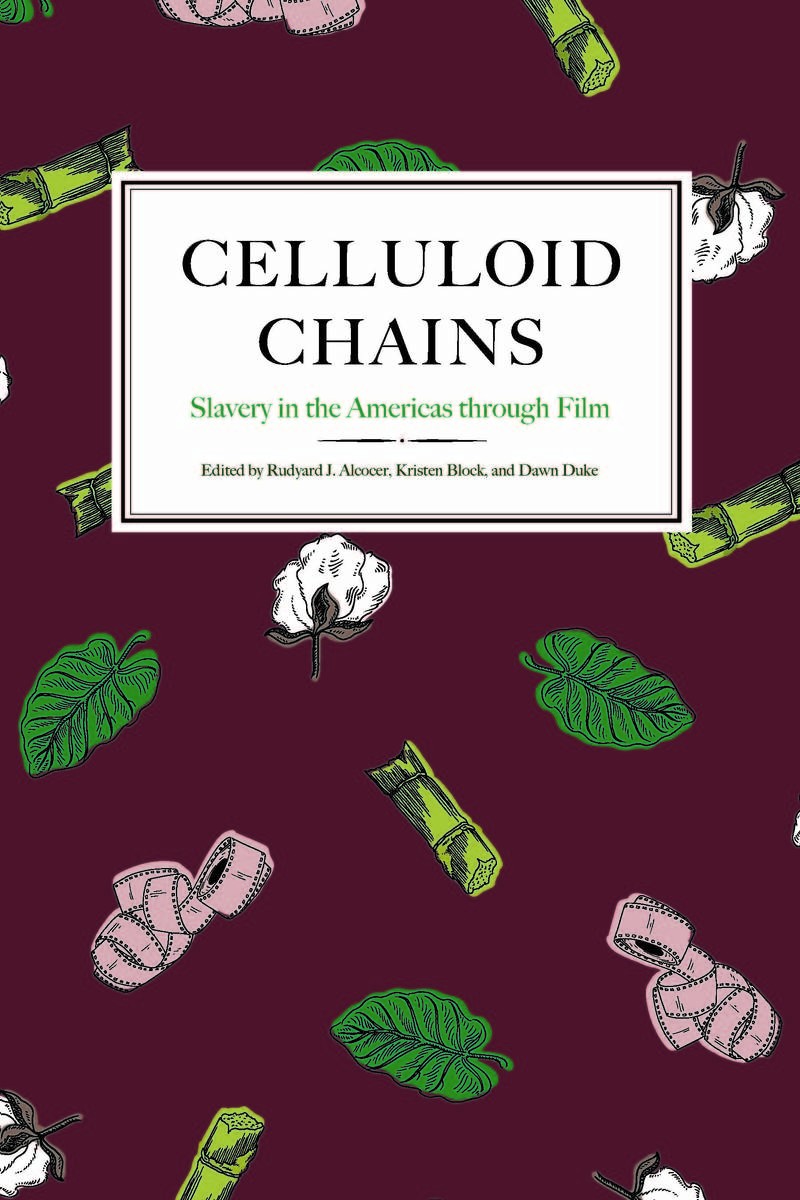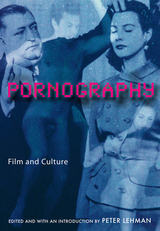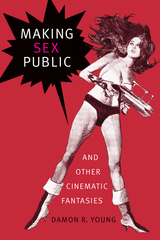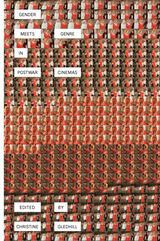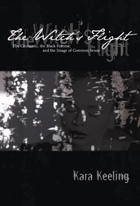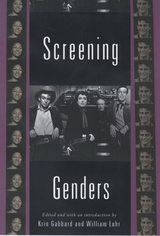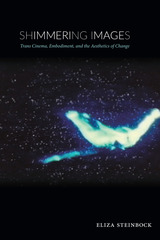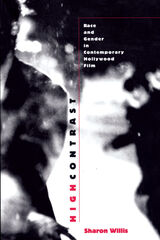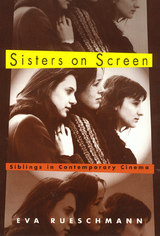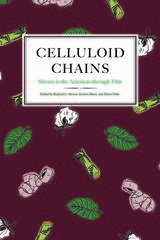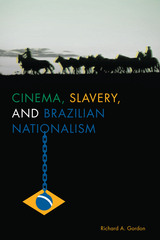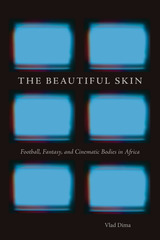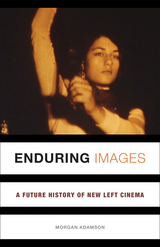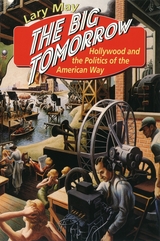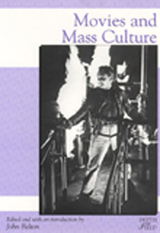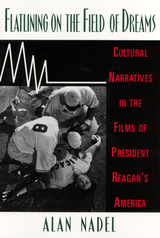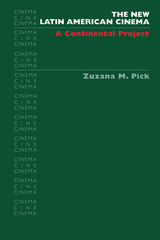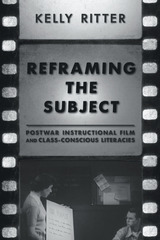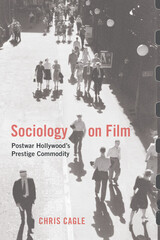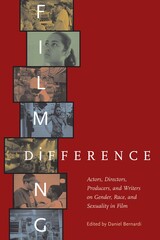Paper: 978-1-62190-548-6 | eISBN: 978-1-62190-328-4 | Cloth: 978-1-62190-327-7
Library of Congress Classification PN1995.9.S557C45 2018
Dewey Decimal Classification 791.43655
Featuring a variety of disciplinary perspectives and analytical approaches, Celluloid Chains is the most comprehensive volume to date on films about slavery. This collection examines works from not only the United States but elsewhere in the Americas, and it attests to slavery’s continuing importance as a source of immense fascination for filmmakers and their audiences.
Each of the book’s fifteen original essays focuses on a particular film that directly treats the enslavement of Africans and their descendants in the New World. Beginning with an essay on the Cuban film El otro Francisco (1975), Sergio Giral’s reworking of a nineteenth-century abolitionist novel, the book proceeds to examine such works as the landmark miniseries Roots (1977), which sparked intense controversy over its authenticity; Werner Herzog’s Cobra Verde (1987), which raises questions about what constitutes a slavery film; Guy Deslauriers’s Passage du milieu (1999), a documentary-style reconstruction of what Africans experienced during the Middle Passage; and Steve McQueen’s Oscar-winning 12 Years a Slave (2013), which embodies the tensions between faithfully adapting a nineteenth-century slave narrative and bending it for modern purposes.
Films about slavery have shown a special power to portray the worst and best of humanity, and Celluloid Chains is an essential guide to this important genre.
See other books on: African Americans in motion pictures | Black people in motion pictures | Blacks in motion pictures | Block, Kristen | Slavery in motion pictures
See other titles from University of Tennessee Press
